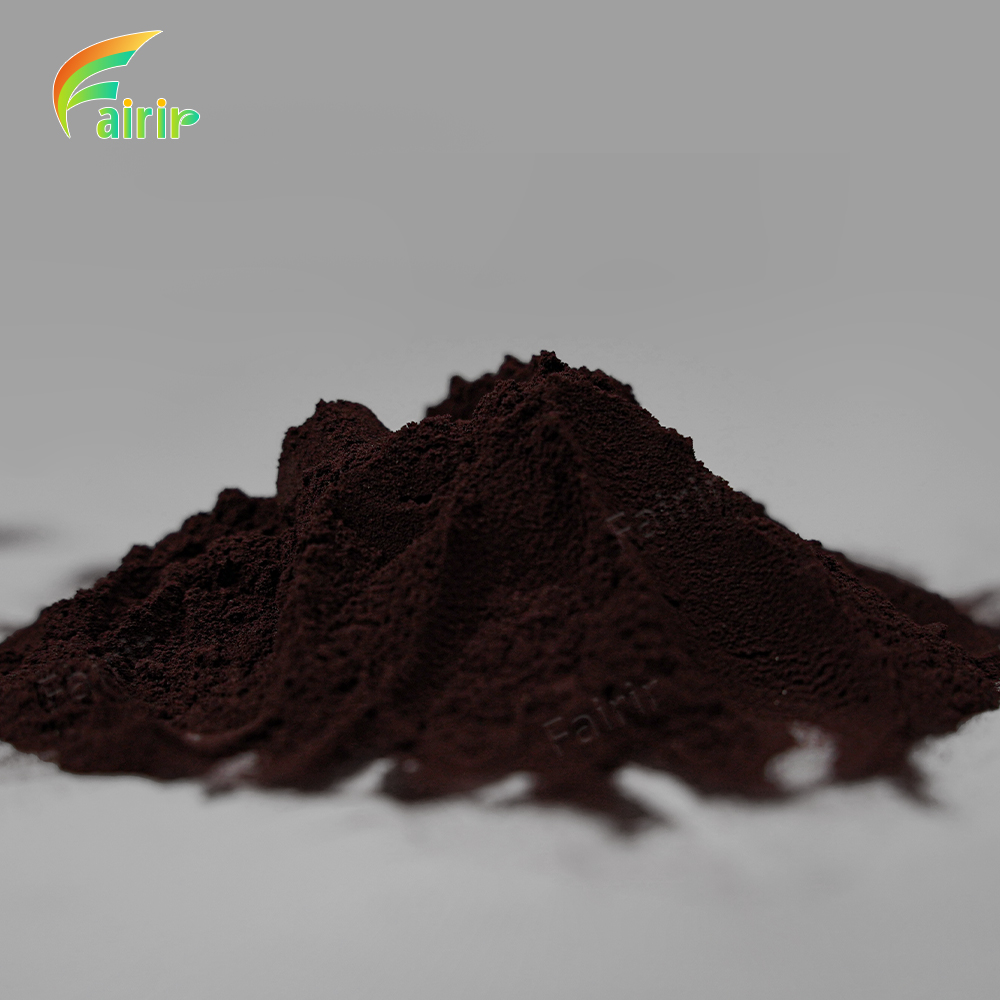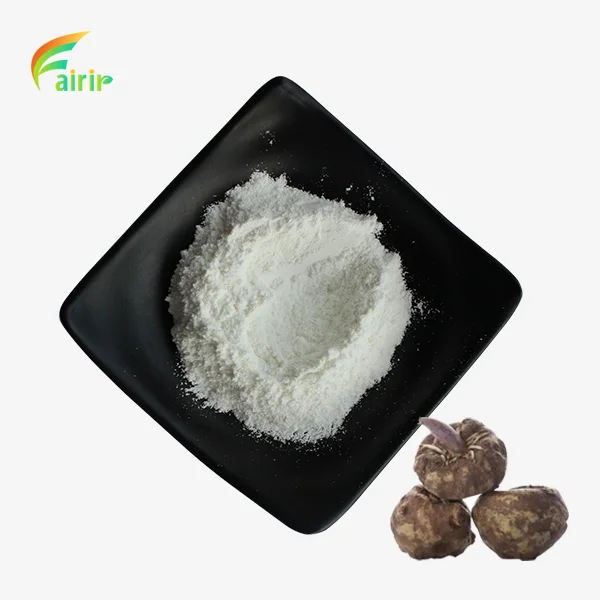Melatonin powder in sleep disorders: dosage and efficacy
Melatonin powder has emerged as a promising solution for various sleep disorders, offering a natural alternative to conventional sleep medications. As a hormone naturally produced by the pineal gland, melatonin plays a crucial role in regulating the body's circadian rhythm and sleep-wake cycle. In recent years, the use of melatonin powder as a supplement has gained significant attention in the field of sleep medicine. This blog post delves into the dosage and efficacy of melatonin powder in addressing sleep disorders, exploring its potential benefits, optimal dosing strategies, and safety profile. By examining the latest research and clinical evidence, we aim to provide a comprehensive overview of how melatonin powder can be effectively utilized to improve sleep quality and manage various sleep-related issues.

Optimal Dosing Strategies for Melatonin Powder in Sleep Disorder Management
Determining the Right Dosage
Determining the optimal dosage of melatonin powder for sleep disorders requires careful consideration of individual factors and the specific sleep issue being addressed. Generally, lower doses ranging from 0.3 to 5 mg are recommended for most adults. However, it's crucial to start with the lowest effective dose and gradually increase if necessary. Melatonin powder offers the advantage of precise dosing, allowing for fine-tuned adjustments based on individual responses. Factors such as age, body weight, and the severity of the sleep disorder play a role in determining the appropriate dosage. For instance, older adults may require lower doses due to decreased melatonin metabolism, while individuals with more severe sleep issues might benefit from slightly higher doses.
Timing of Administration
The timing of melatonin powder administration is crucial for maximizing its efficacy in managing sleep disorders. Typically, it is recommended to take melatonin powder 1 to 2 hours before the desired bedtime. This allows sufficient time for the supplement to be absorbed and start influencing the body's sleep-wake cycle. However, the optimal timing may vary depending on the specific sleep disorder being treated. For jet lag, melatonin powder can be taken at the desired bedtime in the new time zone to help reset the circadian rhythm. In cases of delayed sleep phase syndrome, taking melatonin powder earlier in the evening may help advance the sleep schedule. It's important to maintain consistency in the timing of administration to achieve the best results.
Duration of Use
The duration of melatonin powder use for sleep disorders depends on the nature and persistence of the sleep issue. For short-term sleep problems like jet lag or occasional insomnia, melatonin powder can be used for a few days to a couple of weeks. However, for chronic sleep disorders, longer-term use may be necessary. It's important to note that while melatonin powder is generally considered safe for extended use, it's advisable to consult with a healthcare professional for prolonged usage. Some studies suggest that intermittent use or cycling on and off melatonin powder may help maintain its effectiveness and prevent potential tolerance. Regular evaluation of the treatment's efficacy and any side effects is crucial for determining the appropriate duration of use.
Efficacy of Melatonin Powder in Treating Primary and Secondary Sleep Disorders
Insomnia and Sleep Onset Latency
Melatonin powder has shown significant efficacy in treating insomnia, particularly in reducing sleep onset latency. Numerous studies have demonstrated that melatonin powder can help individuals fall asleep faster and improve overall sleep quality. The supplement works by reinforcing the body's natural sleep-wake cycle, making it particularly effective for people with circadian rhythm disorders. In cases of primary insomnia, melatonin powder has been found to decrease the time it takes to fall asleep by an average of 7 to 10 minutes. For individuals with secondary insomnia due to conditions like depression or anxiety, melatonin powder can complement other treatments by promoting better sleep initiation. Its effectiveness in reducing sleep onset latency makes melatonin powder a valuable tool in managing various forms of insomnia.

Jet Lag and Shift Work Disorder
Melatonin powder has proven to be highly effective in managing jet lag and shift work disorder, both of which involve disruptions to the body's natural circadian rhythm. For jet lag, taking melatonin powder at the appropriate time in the new time zone can help reset the internal clock, reducing symptoms such as daytime fatigue and sleep disturbances. Studies have shown that melatonin powder can decrease jet lag symptoms and improve sleep quality for travelers crossing multiple time zones. In the case of shift work disorder, melatonin powder can help align the sleep-wake cycle with unconventional work schedules. By taking melatonin powder at the desired sleep time, shift workers can improve their sleep quality and duration, leading to better alertness during work hours and overall well-being.
Sleep Disorders in Special Populations
Melatonin powder has shown promising results in treating sleep disorders among special populations, including children with neurodevelopmental disorders and older adults. In children with autism spectrum disorders or ADHD, melatonin powder has been found to improve sleep onset and duration, leading to better daytime behavior and cognitive function. For older adults, who often experience decreased natural melatonin production, supplementation with melatonin powder can help regulate sleep patterns and improve sleep quality. It has also shown efficacy in managing sleep disturbances associated with dementia and Alzheimer's disease. In these special populations, melatonin powder offers a gentler alternative to traditional sleep medications, with fewer side effects and a lower risk of dependence. However, dosage and administration should be carefully monitored and adjusted under medical supervision.
Safety Profile of Melatonin Powder in Sleep Disorder Treatments
Short-term and Long-term Side Effects
Melatonin powder generally has a favorable safety profile when used for sleep disorder treatments. Short-term side effects are typically mild and may include daytime drowsiness, headaches, dizziness, or nausea. These effects are usually transient and resolve as the body adjusts to the supplement. Long-term use of melatonin powder has not been associated with significant adverse effects in most studies. However, some individuals may experience vivid dreams or nightmares, especially at higher doses. There is also a theoretical concern about melatonin's potential impact on reproductive hormones, although human studies have not shown consistent effects. It's worth noting that melatonin powder's long-term safety in children and adolescents is still being studied, and caution is advised in these populations.
Interactions with Medications and Health Conditions
While melatonin powder is generally safe, it can interact with certain medications and health conditions. It may enhance the effects of blood-thinning medications, potentially increasing the risk of bleeding. Melatonin powder can also interact with some antidepressants, particularly SSRIs, potentially altering their effectiveness. In individuals with autoimmune disorders, melatonin powder's immunomodulatory effects should be considered. People with diabetes should monitor their blood sugar levels closely when using melatonin powder, as it may affect insulin sensitivity. Those with epilepsy should consult their healthcare provider before using melatonin powder, as it may influence seizure threshold in some cases. It's crucial for individuals with existing health conditions or those taking medications to consult with a healthcare professional before starting melatonin powder supplementation.
Quality Control and Purity Considerations
The safety and efficacy of melatonin powder in sleep disorder treatments heavily depend on the quality and purity of the product. As a dietary supplement, melatonin powder is not subject to the same rigorous regulations as prescription medications. This emphasizes the importance of choosing high-quality melatonin powder from reputable manufacturers. Look for products that have undergone third-party testing and certification to ensure purity and accurate dosing. Some studies have found significant variations in melatonin content between different products and even within the same brand. Opting for pharmaceutical-grade melatonin powder, such as that offered by Shaanxi Fairir Biotech Co., Ltd., can provide assurance of quality and consistency. Their melatonin powder is produced in GMP-certified facilities and undergoes strict quality control measures, including HPLC testing for purity and contaminant screening.
Conclusion
Melatonin powder has demonstrated significant potential in managing various sleep disorders, offering a natural and generally safe alternative to traditional sleep medications. Its efficacy in treating insomnia, jet lag, and circadian rhythm disorders is well-documented, with particular benefits in reducing sleep onset latency and improving overall sleep quality. The optimal dosing strategies, including individualized dosages and proper timing of administration, are crucial for maximizing its effectiveness. While melatonin powder has a favorable safety profile, awareness of potential interactions and side effects is important, especially for long-term use or in special populations. As research continues to evolve, melatonin powder remains a promising tool in the comprehensive management of sleep disorders.
For high-quality melatonin powder and expert guidance on its applications in sleep disorder treatments, consider partnering with Shaanxi Fairir Biotech Co., Ltd. As a leading manufacturer and supplier of plant extracts, including melatonin powder, we are committed to providing innovative, sustainable, and effective solutions for the pharmaceutical and nutraceutical industries. Our state-of-the-art GMP-certified manufacturing facilities and rigorous quality control processes ensure the highest standards of purity and efficacy. For more information or to discuss your melatonin powder needs, please contact us at sales@fairirbiotech.com.
FAQ
Q: What is the recommended dosage of melatonin powder for adults?
A: The recommended dosage typically ranges from 0.3 to 5 mg for adults, but it's best to start with the lowest effective dose and consult a healthcare professional.
Q: Can melatonin powder be used long-term for chronic sleep disorders?
A: While melatonin powder is generally considered safe for long-term use, it's advisable to consult with a healthcare professional for prolonged usage and regularly evaluate its effectiveness.
Q: How effective is melatonin powder in treating jet lag?
A: Melatonin powder has shown high efficacy in managing jet lag by helping to reset the body's internal clock when taken at the appropriate time in the new time zone.
Q: Are there any significant side effects of using melatonin powder?
A: Most side effects of melatonin powder are mild and may include daytime drowsiness, headaches, or dizziness. Serious side effects are rare but possible.
Q: Can melatonin powder interact with other medications?
A: Yes, melatonin powder can interact with certain medications, including blood thinners and some antidepressants. It's important to consult with a healthcare provider before use.
References
1. Costello, R. B., et al. (2014). The effectiveness of melatonin for promoting healthy sleep: a rapid evidence assessment of the literature. Nutrition Journal, 13, 106.
2. Auld, F., et al. (2017). Evidence for the efficacy of melatonin in the treatment of primary adult sleep disorders. Sleep Medicine Reviews, 34, 10-22.
3. Herxheimer, A., & Petrie, K. J. (2002). Melatonin for the prevention and treatment of jet lag. Cochrane Database of Systematic Reviews, (2), CD001520.
4. Andersen, L. P., et al. (2016). The Safety of Melatonin in Humans. Clinical Drug Investigation, 36(3), 169-175.
5. Tordjman, S., et al. (2017). Melatonin: Pharmacology, Functions and Therapeutic Benefits. Current Neuropharmacology, 15(3), 434-443.
6. Savage, R. A., et al. (2021). Melatonin. In StatPearls. StatPearls Publishing.











_1751965378790.webp)